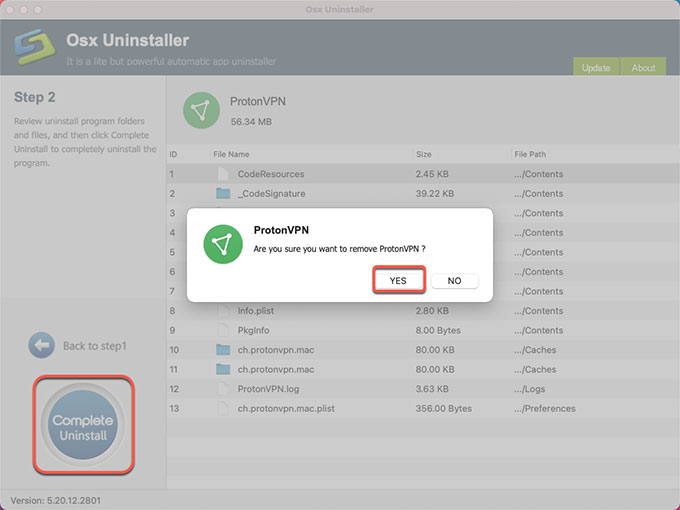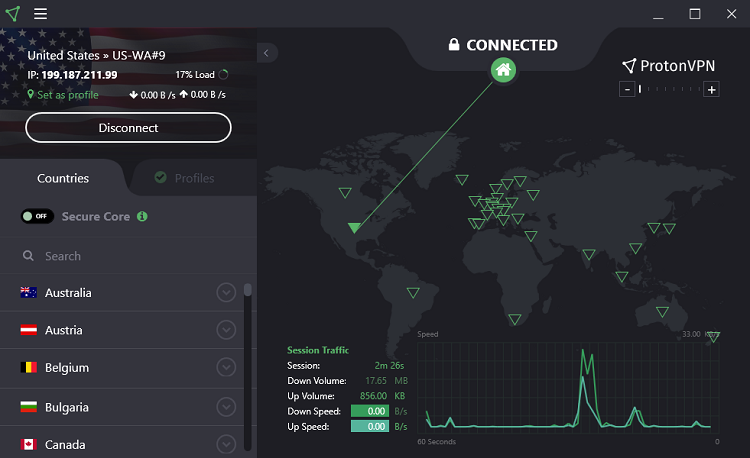
To safely convey such sensitive information to UN investigators and ensure whistleblowers are not attacked or killed, the UN recommended people use ProtonMail or Signal to report evidence of wrongdoing. Yen claimed that sign-ups for ProtonVPN "spiked to 250 times the previous average daily rate" in the days following the military coup, making ProtonVPN an essential tool for people on the ground, and accused Apple of putting profits ahead of human rights by blocking the update.

In a blog post dated March 23, Proton founder Andy Yen wrote that Apple rejected "important updates" for its VPN app related to security, on the same day that the UN recommended people in Myanmar use ProtonMail, an encrypted email app also developed by Proton. In response, Apple today provided MacRumors with a timeline of the events regarding the app update.


Earlier this week, popular VPN provider Proton made headlines by linking Apple's rejection of a security update to its ProtonVPN mobile app with the ongoing political upheaval in Myanmar.


 0 kommentar(er)
0 kommentar(er)
